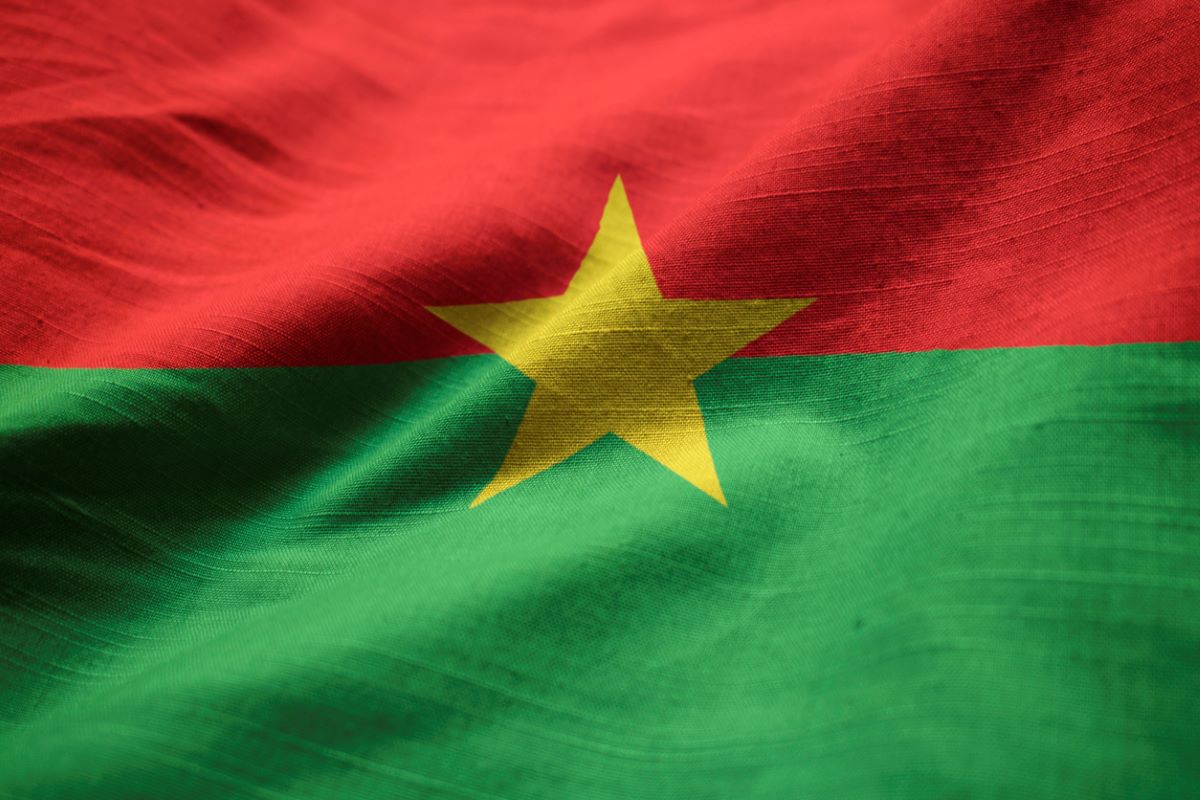Kareena Kapoor skips holi festivities, finds peace in Africa
Discover why Kareena Kapoor traded Holi colors for the tranquility of Serengeti, Africa, in her latest Instagram post.
Some in Burkina Faso want Russian forces to replace the French ~ as they have in Mali. Demands for a more effective security strategy had built up through last year, and President Kaboré overhauled first his government and then the military command in a bid to regain the political momentum and restore some stability to the battered northern and eastern provinces.

Burkina Faso Flag (iStock photo)
Till a couple of days ago, the world knew Burkina Faso as a geographical expression in Africa. But this week’s coup signifies the return of military strongmen to the volatile region. There is little doubt that the new wave of uprisings occurred after democracy had seemingly become entrenched in the region.
Less than five months after soldiers in fatigues appeared on national television in Guinea to announce that they had removed President Alpha Condé from office, the spectacle was repeated on Monday in Burkina Faso, as the military proclaimed the overthrow of head of state Roch Kaboré. Which is not to forget the double-putsch in Mali, where army officers deposed President Ibrahim Boubacar Keïta in August 2020. They promised the regional bloc Ecowas that they would organise elections the following month, but in May 2021 they staged a second takeover to reassert control over the transition and later set out plans to stay in power for almost five more years.
West Africa was a region where constitutional multi-party civilian politics had become the norm. Almost all countries were at least formally democratic, even if some elected Presidents, once in office, twisted the rules to perpetuate their stay in power. Now three members of Ecowas (the Economic Community of West African States) are under the command of men in uniform. Is the long-forgotten era of the military strongman making a comeback? In Burkina Faso, as in Mali, it is the jihadist security crisis that has clearly exerted a destabilising toll. The relentless reports of Islamist attacks fuelling popular anger on streets and resentment among soldiers who feel they are being sent out, too lightly armed, underpaid or even underfed, to sustain the struggle against militant groups that take no prisoners are a flashpoint.
Advertisement
This week’s Ouagadougou putsch is an outburst of exasperation from the lower and middle-ranking soldiers who risk their lives on the frontline in a brutally uncompromising conflict. Feelings had become particularly intense since a 14 November jihadist attack on the Inata gendarmerie garrison in northern Burkina Faso that left 53 of the 120 troops dead.
Some in Burkina Faso want Russian forces to replace the French ~ as they have in Mali. Demands for a more effective security strategy had built up through last year, and President Kaboré overhauled first his government and then the military command in a bid to regain the political momentum and restore some stability to the battered northern and eastern provinces.
Over the past two years, more than 1,000 schools have downed their shutters and 1.5 million people have fled their homes to escape the violence, some consigned to begging for money or food on the streets of the capital. More than 2,000 people have lost their lives. Burkina Faso is virtually a powder-keg, a recipe for the soldier to step in.
Advertisement